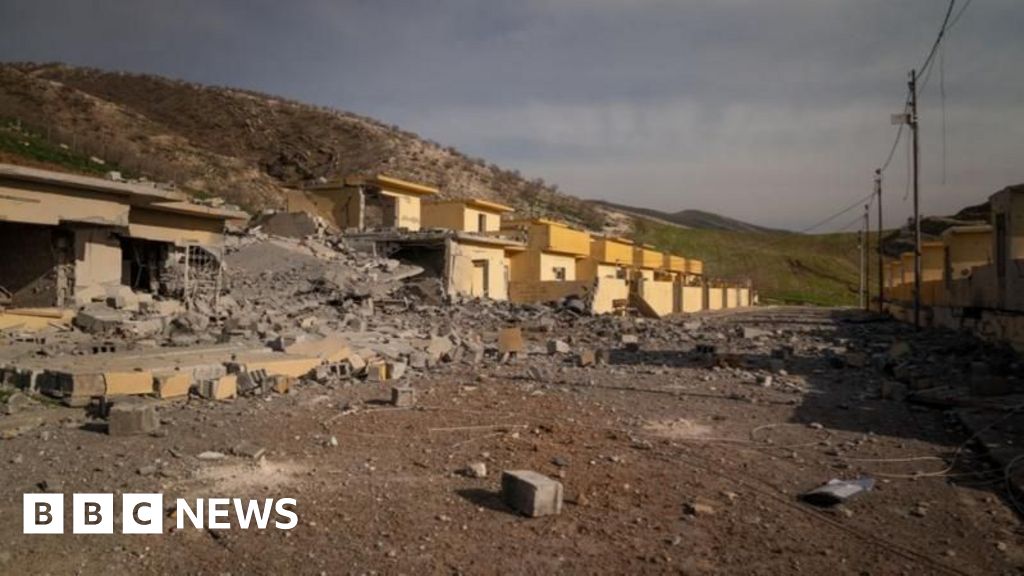- President Cyril Ramaphosa says black economic empowerment remains vital and that no proposals have been tabled by the DA to amend or replace it.
- On Monday, the DA unveiled an “economic inclusion for all” bill, hoping it would one day replace the ANC’s BEE policy.
- The ANC has labelled the DA’s stance as anti-transformation and a step backwards for inclusivity.
A day after the government of national unity’s (GNU) second-largest GNU partner, the DA, launched its Economic Inclusion for All Bill, to replace the ANC’s black economic empowerment (BEE) policy, President Cyril Ramphosa has still not seen it.
Speaking on Monday evening in Soshanguve, north of Pretoria, after conferring the party’s highest honour, Isithwalandwe/Seaparankoe, on ANC member Tlou Theophilus Cholo, Ramaphosa underscored the importance of adhering to proper parliamentary processes for legislative changes.
“The issue of BEE, as it’s being raised by the DA, I have not yet seen their proposals. What they are suggesting is what I have not yet seen,” the president said.
“Currently, we have a BEE policy that is rooted and underpinned by our Constitution and the laws that we have passed. So, if anyone wants an amendment to BEE legislation, they must table their proposals and they must be taken for discussion in Parliament.
“At the moment, the BEE policies, legislation and regulations, as they stand, apply without any dilution whatsoever, and we will continue to insist that the BEE process of transforming our economy is the correct approach that we have crafted to make sure that participation in the economy of our country is inclusive because hitherto, it has not been inclusive. It’s been exclusive.”
READ | DA takes aim at BEE with bold new bill focusing on poverty, not race
Ramaphosa said the law had been relegated to those who benefited through privilege and many other processes from the economy, which was skewed and only made to benefit a few white people.
“So, from our point of view, the BEE policies are meant to benefit all South Africans, and those policies remain,” he said.
News24 reported that the DA unveiled an “economic inclusion for all” bill, hoping it would one day replace the ANC’s BEE policy.
Through the bill, the party wants to amend parts of the Public Procurement Amendment Act of 2024, “to repeal all race-based preferential procurement provisions and replace them with a real empowerment system that targets poverty as the proxy for disadvantage instead of race”.
Speaking at the DA’s headquarters in Bruma, Johannesburg, on Monday, DA head of policy Mat Cuthbert said the bill aimed to create a public procurement system to encourage genuine economic empowerment by offering incentives for tangible developmental outcomes, such as job creation, poverty reduction, skills enhancement, and environmentally sustainable practices.
The two biggest parties in the GNU are already in disagreement over employment equity, the Basic Education Laws Amendment Act (BELA), national health insurance, and land expropriation without compensation.
The DA’s challenge to these pieces of legislation has led to the ANC accusing the party of being anti-transformation.
Ramaphosa also weighed in on reports that he had admitted under oath that Article 19 of the controversial Expropriation Act was unconstitutional because it stipulated in error that expropriation could take place before the landowner could challenge the matter in court.
READ | Ramaphosa admits under oath that Expropriation Act’s article 19 is unworkable
According to a City Press report, Ramaphosa has asked the court to either change the wording of the article or declare it unconstitutional.
In a responding statement to the respective court cases by coalition partner the DA, civil rights group AfriForum, and the Vaderland Foundation, Ramaphosa admits that if one reads Article 19 of the Expropriation Act together with other articles, it creates a “circular process” that can declare the provisions “void” because they are so “vaguely” worded.
In terms of Article 19(2), any of the parties can approach the court within 180 days after the date of the expropriation notice.
However, experts consider this confusing because an expropriation notice can only be issued when a dispute over the expropriation has already been resolved.
If the compensation amount is disputed, the parties should be able to approach the court from the date of receipt of an expropriation notice, Ramaphosa argues in his statement.
He then reportedly asked the court to change the wording of the law. Should the court not be able to do this, he asked that Article 19 of the Expropriation “Act be declared invalid under Section 172 of the Constitution.
On Monday, Ramaphosa said:
There is no law that is 1 000% perfect. The laws will always have areas of weakness where they need to be strengthened, and we often do so through regulations and through other interventions.
“To the extent that the Expropriation Act deals with correcting the imbalances of the past, and also deals with how property should be dealt with and how property should be expropriated for public interests. Whatever weakness there might be there, can and will be corrected through regulations.”
Ramaphosa added that there was inherently nothing wrong with the law as it was adopted in Parliament, and said it could be strengthened in terms of application through regulations.
“That’s what we often do with laws.”
Today, as he marks his 100th birthday, ANC President Cde Cyril Ramaphosa formally conferred the Isithwalandwe/Seaparankwe Award upon struggle veteran Dr Tlou Theophilus “TT” Cholo, honouring a century of courage, commitment, and service to the liberation struggle.
The award was… pic.twitter.com/2UEi2PPMbT
Meanwhile, ANC spokesperson Mahlengi Bhengu criticised the DA for opposing transformation-related initiatives, and accused the party of being regressive.
Speaking on the sidelines of a bilateral meeting with Cosatu on Monday, Bhengu said the DA’s idea of a future South Africa without transformation laws, starting with BEE, should be challenged by all democracy-loving people.
“We have a lot of excellence where people are rising in the corporate sector, people who have risen in the public sector as executives and women who have climbed the corporate ladder in the entities as CEOs.
“Many of those people are proudly beneficiaries of black economic empowerment, and so we will not have a situation where that happens on the part of the ANC.“
She said if the DA had been sincere about its intentions, it would have been part of the National Dialogue process. However, she said the ANC’s door was open to engaging on the matter.
Mahlangu added:
All I can stress, though, is that there will not be a day in South Africa where BEE is scrapped as legislation. Where there are amendments, I’m certain that, like any other piece of legislation, amendments are acceptable for as long as they do not deviate from the substance of that piece of legislation.
She said it was disappointing that in 2025, “we are still dealing with a party that wants to take us back to racism, apartheid and discrimination in our country.”
Cosatu’s parliamentary coordinator, Matthew Parks, added that workers would never agree to the proposal.
“Transformational legislation, like broad-based, black economic empowerment, employment equity, didn’t fall from the sky. [They were] a specific response to three-and-a-half centuries of discrimination, where 90% plus of society was denied access to resources and to create opportunities to earn a living and so forth.
“So they are a necessity to do that when we have come to the point where they’re no longer a necessity, when we’ve reached an equal society where we don’t have legacy and discrimination. You can have that discussion, but for the time being, we need it.”
Parks added that there would always be tweaks to legislation to address loopholes and implementation.
 (1).png)
 4 months ago
18
4 months ago
18

















